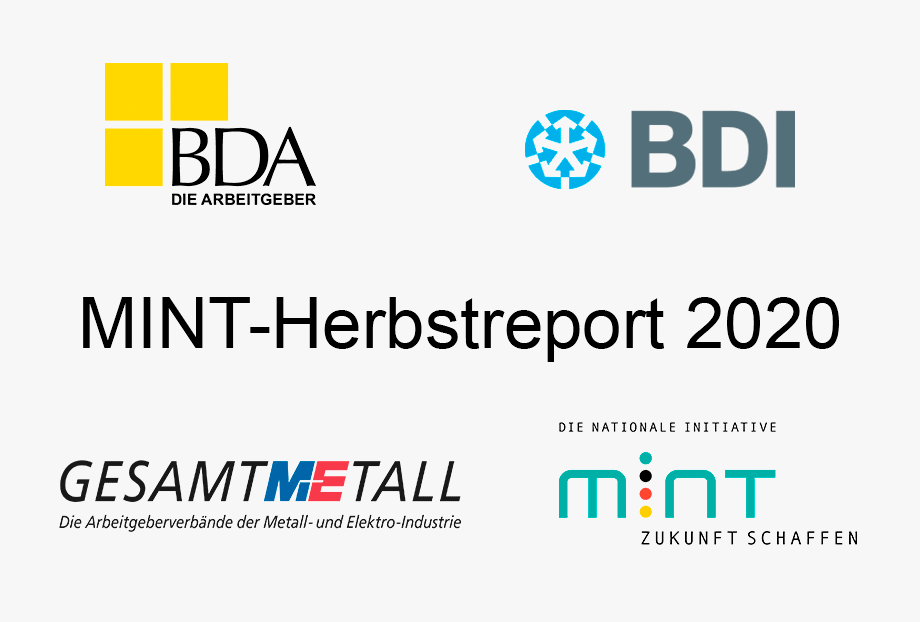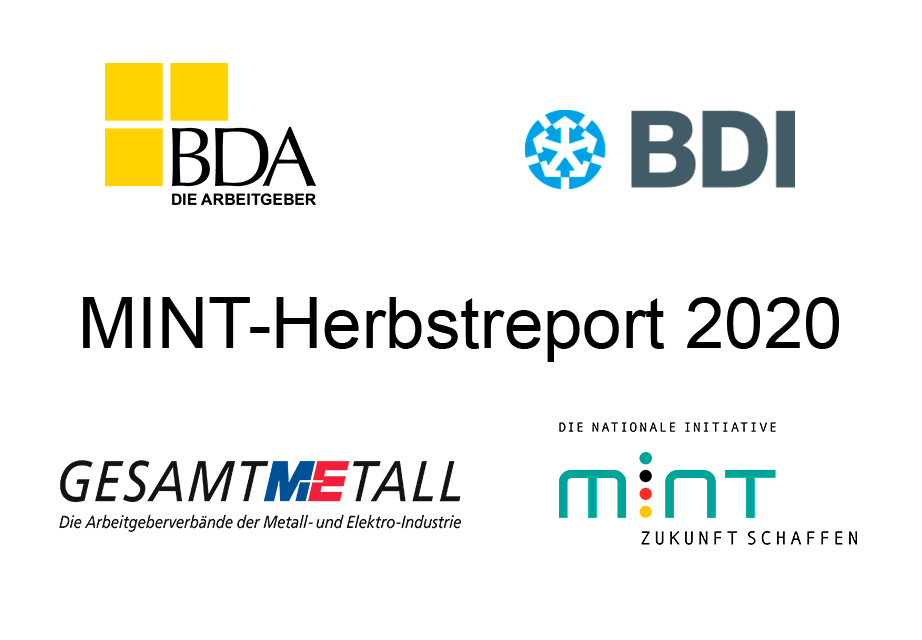- TOPICS
-
-
- Employment and Labour Market
- Labour law and collective bargaining policy
- General applicability
- Industrial action
- Labour & collective bargaining law
- Working time
- Time limit
- Works Constitution
- Bureaucracy reduction
- Data protection
- Protection against discrimination
- Parental leave
- Posting
- Insolvency
- Protection against dismissal
- Minimum wage
- Co-determination
- Mobile work
- Maternity protection
- Pandemic
- Care time
- Self-employment
- Tariff autonomy
- Collective Bargaining Agreement
- Collective bargaining unit
- Tariff policy
- Collective bargaining
- Collective agreement
- Part-time work
- Restructuring
- Holiday law
- Contracts for work
- Whistleblowing
- Temporary work
- Education and vocational training
- Training market
- Professional orientation
- Education policy
- Education 4.0
- Dual education
- dual study
- Permeability
- Early childhood education
- Higher Education Funding
- Lifelong learning
- Teacher Education
- Reorganization of education and training
- STEM Professionals
- Economic education
- Accreditation/Quality assurance
- SCHOOLBUSINESS Germany
- Digitalization and innovation
- Europe and International Affairs
- Social policy and social security
- Old-age poverty
- Work made in Germany
- Occupational safety
- Contribution and registration law
- Company pension scheme
- Shortage of company doctors
- Health insurance
- Long-term care insurance
- Mental health
- Pension insurance
- Riester pension
- Social self-government
- Social insurance
- Accident insurance
- The future of social security
- Taxes & Finances
- Economy & Society
-
-
-
- Newsroom
- The BDA
- Members

STEM gap narrows due to Corona crisis in October 2020 - but STEM workforce shortages loom much worse in the long term

©BDA | The Employers
The economic slump associated with the Corona crisis is also making itself felt in the STEM sector (mathematics, information technology, natural sciences, technology). The STEM gap narrowed by 54 percent to 108,700 in October compared to the long-term average, but the demand and need for STEM workers will continue to grow strongly in the coming years due to structural factors. This is the result of the current MINT Report, which is compiled twice a year by the Cologne Institute for Economic Research.
Compared to the long-term average, the gap has fallen particularly sharply in mechanical and vehicle engineering occupations at minus 89 per cent and in metal occupations at minus 95 per cent. In electrical and energy occupations, construction occupations and IT occupations, however, the gaps remain at a high level. Here, demand remains almost unabated despite the Corona crisis, according to the MINT report.
The current situation also exacerbates the situation once again: the Corona crisis has significantly increased the pace of change and increased the need, especially in the context of the digitisation of schools. School closures, in particular, have resulted in significant learning gaps, especially with regard to the required STEM skills. This is likely to make the recruitment of future skilled workers even more difficult.
Prof. Dr. Axel Plünnecke, Head of the Competence Field Education, Immigration and Innovation at the Cologne Institute for Economic Research:
"The Corona crisis has led to a sharp economic downturn that has caused the STEM gap to plummet from the long-term monthly average of a 3 percent decline in March 2020 to minus 52 percent in July. Since July, the gap has stabilized at minus 54 percent. The gap has fallen 70 percent in production-related skilled occupations and 30 percent in research-related STEM expert occupations. In the long term, demand will increase due to demographics, digitalisation and decarbonisation. Supply, on the other hand, risks falling in the long term without countermeasures due to the negative effects of school closures on students' STEM skills."
Dr. Michael Stahl, Managing Director Education and Economics of the employers' association Gesamtmetall:
"Companies in the M+E industry are faced with the balancing act of surviving the deep economic slump of the Corona crisis and at the same time investing in the future. The M+E industry invests around 105 billion euros per year in innovations - that is 61 percent of German innovation expenditure. Around 37 percent of the MINT workforce is employed in the M+E industry. Vocational training and securing the next generation of STEM workers are therefore particularly important for the industry in order to use innovations to set the course for digitalization and decarbonization and thus for sustainable growth."
Thomas Sattelberger MdB, Chairman of the Board of the National Initiative "MINT Zukunft":
"STEM skills offer excellent opportunities for educational advancement. However, initial international findings on the effects of school closures on students' competencies show that the closures have led to large declines in STEM competencies. In Germany, the situation is likely to be even worse, as the conditions for digital distance learning were once again significantly worse than in other countries. For an entire generation of students, therefore, the painstaking progress made in STEM skills since the PISA shock is in danger of being lost. In the current difficult situation at schools, we urgently need a digital awakening with an additional 20,000 IT specialists, nationwide WLAN and further training for teachers. Intelligent learning software must also be available so that, in the event of temporary closures, it is possible to switch to high-quality digital distance learning for alternate lessons and fully digital lessons."
The MINT Report is produced twice a year by the Cologne Institute for Economic Research. The study is commissioned by the Confederation of German Employers' Associations, the Federation of German Industries, the employers' association Gesamtmetall and the National MINT Future Initiative.






